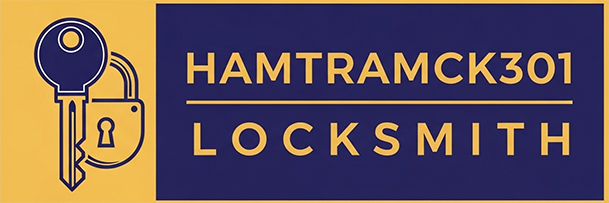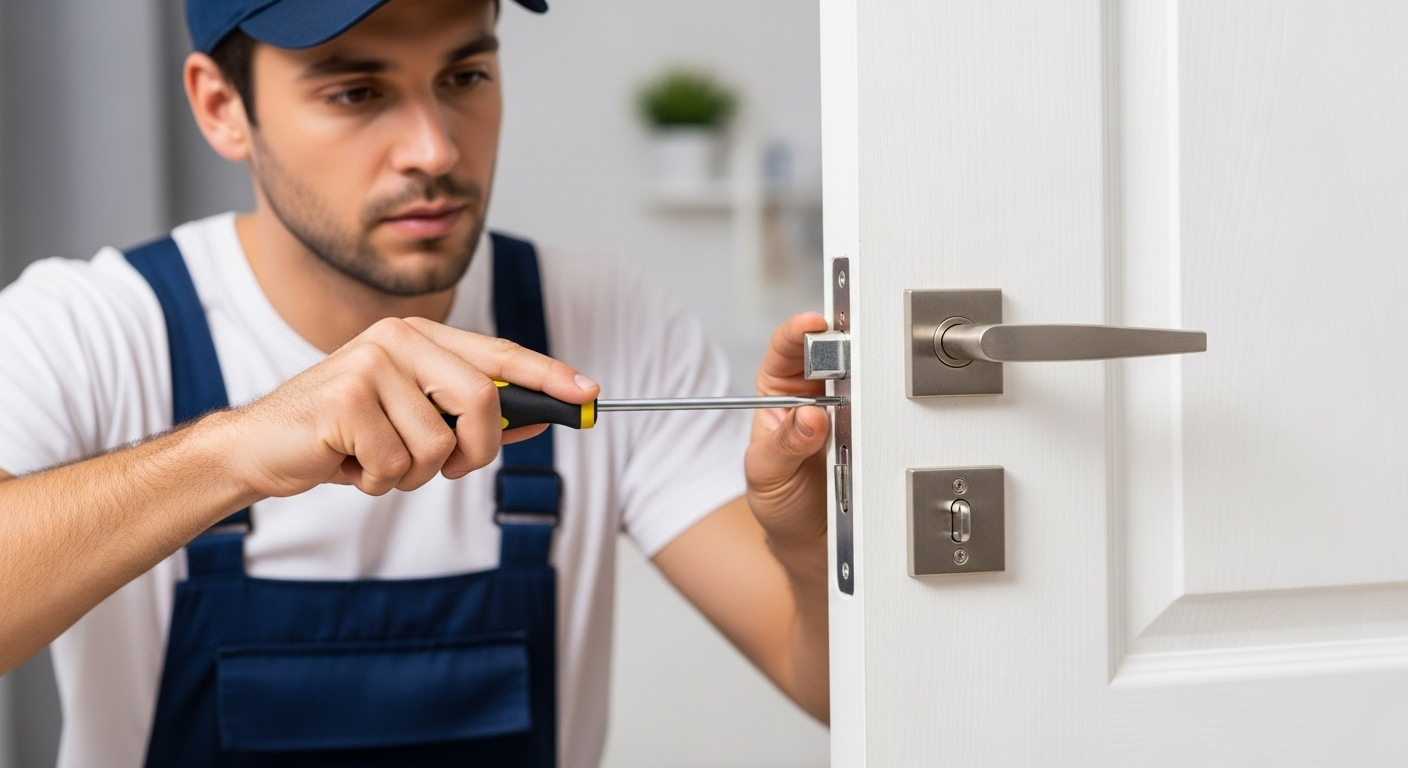More people than ever are working from home, which means home offices now hold valuable equipment, sensitive documents, and private data. Securing your home office is essential not only for protecting your assets but also for maintaining privacy and safeguarding client information. Whether you work for yourself or for a company, taking proactive steps to secure your workspace will give you peace of mind and help you work more efficiently.
In this guide, we will share practical strategies for improving the physical and digital security of your home office. From installing better locks to enhancing cybersecurity, these tips will help you create a safer, more secure working environment.
Start with Strong Physical Security
The foundation of a secure home office is controlling physical access to the space. This means using high-quality locks, securing windows, and ensuring your office is located in a safe part of your home.
- Install a solid core door with a deadbolt lock
- Consider keyless entry locks for controlled access
- Use window locks or security film to prevent forced entry
- Keep blinds or curtains closed when away to hide valuables
A professional locksmith can help assess your current security and recommend upgrades that fit your needs and budget.
Secure Your Equipment
Computers, monitors, and other office equipment can be tempting targets for thieves. Use security cables to lock laptops and desktops to desks. Invest in lockable filing cabinets for sensitive documents. If possible, keep expensive equipment out of sight from windows.
Protect Your Data with Cybersecurity
Even if your physical security is excellent, your home office can still be vulnerable to digital threats. Protect your data by:
- Using strong, unique passwords for all accounts
- Enabling two-factor authentication where possible
- Keeping your operating system and software updated
- Installing antivirus and firewall protection
- Using a VPN for secure remote connections
Cybersecurity is just as important as physical security in today’s connected world.
Implement Access Control
If other people live in your home, make sure your office is off-limits when you are not there. Use locks on doors and drawers to protect sensitive materials. If you have cleaning staff or service providers who need access, consider using temporary or restricted-access keys.
Use a Safe for Important Items
A home safe is an excellent way to store important documents, backup drives, or cash. Choose a safe with fire and water resistance, and make sure it is securely bolted to the floor or wall to prevent theft.
Set Up a Surveillance System
Security cameras are more affordable and easier to install than ever. A small camera system can monitor your office entrance and other areas of your home. Many modern systems allow you to view footage remotely, providing peace of mind when you are away.
Light Up Your Workspace
Outdoor lighting around your home office area can deter potential intruders. Motion-sensor lights are especially effective for catching attention if someone approaches your property at night.
Shred Sensitive Documents
Identity theft can happen when criminals gain access to old bills, contracts, or other personal papers. Use a cross-cut shredder to destroy any documents you no longer need. This extra step ensures your private information stays private.
Backup Your Data Regularly
Even with top-notch security, accidents or breaches can still occur. Protect your work by keeping multiple backups – one stored locally on an encrypted drive and another in a secure cloud service. This way, you will never lose important files due to theft, hardware failure, or cyberattack.
Consider Insurance
Check your homeowner’s or renter’s insurance policy to ensure it covers your office equipment and business property. If not, consider adding extra coverage for work-related assets.
Benefits of Securing Your Home Office
✔️ Protection of Sensitive Information
Keep client and business data safe from theft or misuse.
✔️ Reduced Risk of Financial Loss
Prevent costly replacements of stolen or damaged equipment.
✔️ Peace of Mind
Work confidently knowing your assets and information are secure.
✔️ Improved Productivity
Eliminate distractions and worries by maintaining a secure environment.
✔️ Compliance with Privacy Laws
Protect confidential data to meet legal requirements for your industry.
✔️ Long-Term Asset Protection
Secure investments in technology and business tools for years to come.
Conclusion
Securing your home office is not just about locks and alarms – it is about creating a comprehensive safety plan that protects your work, your data, and your peace of mind. By combining physical security measures with strong cybersecurity practices, you can greatly reduce the risk of theft or data loss.
As remote work continues to grow, your home office will remain a valuable target for criminals. Taking the time now to strengthen your security will pay off in the long run, ensuring that you can work effectively and confidently from home.
Remember, security is an ongoing process. Review your measures regularly, update your equipment and software, and stay alert to new risks. With a proactive approach, your home office can be as safe and secure as any traditional workplace.

